Keeping Accessibility Front of Mind in 2024: What is your one word for a better accessible 2024?
As we kick off the year 2024, it is crucial to emphasize the importance of keeping accessibility at the forefront when designing spaces, products, and services. Accessibility is not just about accommodating individuals with disabilities; it is about creating inclusive environments that benefit everyone.
By prioritising accessibility, we can foster empowerment, inclusivity, acceptance, cultivate a culture of accessibility, and use language that promotes equal participation. In this blog, we will explore how integrating accessibility into our daily lives enlightens society and helps us progress towards a better, more inclusive future.
”By embracing empowerment, inclusivity, acceptance, culture, and language, we can create a society that values the abilities and contributions of every individual.”
Here are some examples of words that you can carry around with you.
1. Empowerment:
Accessibility is a powerful tool for empowerment. By removing barriers and providing equal opportunities, individuals with disabilities can fully participate in society, contributing their unique perspectives and talents. Embracing accessibility allows people to reach their potential, pursue their goals, and lead fulfilling lives. It is through accessibility that empowerment becomes a reality for all.
2. Inclusivity or Inclusive
Inclusivity is the foundation for a harmonious and equitable society. When we design with accessibility in mind, we ensure that everyone can participate fully and experience a sense of belonging. An inclusive environment benefits not only individuals with disabilities but also society as a whole. By embracing diversity and making accessibility central to our designs, we create spaces that value and include everyone.
3. Acceptance:
Acceptance is a key element of an inclusive society. When we prioritize accessibility, we send a powerful message that all individuals, regardless of their abilities, are welcomed and valued. Accessibility fosters a spirit of acceptance, promoting a culture that celebrates differences rather than stigmatizing them. By embracing accessibility, we can break down barriers and create a more accepting society.
4. Culture:
Culture plays a vital role in shaping our attitudes and behaviours towards accessibility. By making accessibility an integral part of our cultural fabric, we create an environment where everyone understands and appreciates the importance of inclusion. When accessibility becomes embedded in our culture, it becomes second nature to consider the needs of all individuals, ensuring that no one is left behind.
5. Language:
Language holds immense power in shaping perceptions and attitudes. By using inclusive language, we can foster an environment of understanding and equality. When designing for accessibility, it is crucial to use language that is respectful, person-cantered, and free from stereotypes. By promoting positive and inclusive language, we can help create a culture that welcomes and respects the diversity of all individuals.
As we embark on the year 2024, let us make a commitment to keep accessibility front of mind in all aspects of our lives. By embracing empowerment, inclusivity, acceptance, culture, and language, we can create a society that values the abilities and contributions of every individual. What is your one word for a better accessible 2024? Will it be Empowerment, Inclusivity, Acceptance, Culture, or Language? We invite you to join us on this journey towards a more accessible and inclusive future for all.

Recent blogs
The Difference Between Universal Design and Accessibility in the Australian Context
In Australia, the concepts of universal design and accessibility play a crucial role in creating [...]
Read moreMay
Emergency Call Buttons – Enhancing Safety and Accessibility in Unisex Accessible Bathrooms
In the pursuit of inclusivity and accessibility, the importance of ensuring the safety and security [...]
Read moreMar
Crafting Inclusive Spaces: Our 5 Expert Tips on Universal Design Principals
Discover 5 expert tips from Vallabh Bailey Consulting on integrating universal design principals into architecture [...]
Read moreFeb
Keeping Accessibility Front of Mind in 2024: The Benefits of Designing for Disability Access in the Early Stages of the Design Process
Discover the benefits of designing for disability access in the early stages of the design [...]
Read moreJan
Keeping Accessibility Front of Mind in 2024: What is your one word for a better accessible 2024?
Learn why keeping accessibility front of mind in 2024 is crucial for creating inclusive environments [...]
Read moreJan
International Disability Awareness Day: Empowering Children with Disabilities to Enjoy Social Play
Delve into the importance of disability access and inclusion, with a specific focus on how [...]
Read moreDec